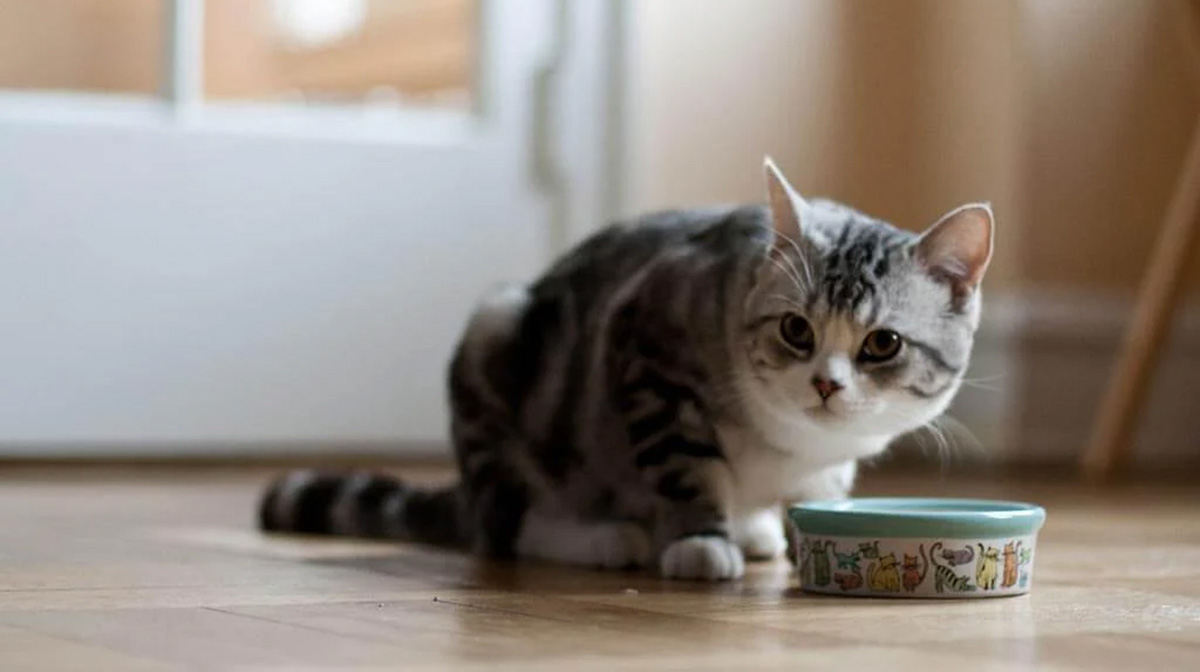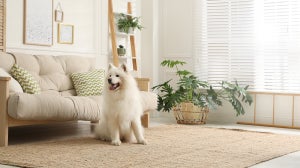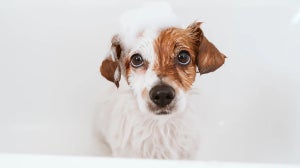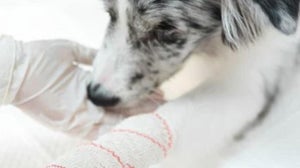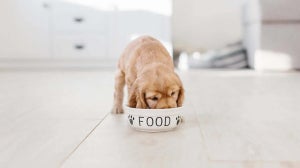
Knowing how much to feed your cat each day is, unfortunately, a question without a one-size-fits-all answer, and requires an element of understanding your cat, their needs, and their preferences. Read on to learn more about feeding your feline friend and how to keep an eye on their fitness.
Every cat is unique
There are a number of factors that play into your cat’s metabolism rate, and thus the amount of food they need to eat each day to maintain their ideal weight. These include age, size, the amount they exercise, and whether they are pregnant or nursing. Generally, naturally large cats require more food to power their larger muscles, whilst older cats are more sedentary so need to eat a little less. As kittens constantly undergo energy-demanding growth-spurts, a routine is not always needed. However, when your cat is around a year old, you will need to implement a regular routine. Most pet food manufacturers provide a daily food allowance based on the size of your cat. To help you feed your cat the correct amount for their activity level, James Wellbeloved provides cat feeding guides for three activity levels: lean/very active, normal and indoor/overweight. However, remember that these are just guidelines and this quantity should be adjusted according to body condition. Neutering can also influence your cat’s activity levels. In general, neutered cats show a decline in activity and consequently this is coupled with a need to decrease their calorie intake.
A balanced diet
What you feed your cat also plays a big part in how much you will need to feed them. Cat food is available in two main types: wet and dry. The decision on which type to feed is up to you and your cat’s preference, with both options offering their own benefits. Dry food is tasty, crunchy, and has the additional benefit of cleaning your cat’s teeth. It can also be left out for longer and is useful for snacking on (kibble). As cats eat little and often, feeding them a few small meals a day will work fine. Wet food provides cats with more of the water they need – plus the sachets are easy and convenient to use. Many cats seem to prefer the taste of wet food to dry food. If you decide to feed a mix of the two, be sure to work out proportions correctly so your cat isn’t overfed. A good quality cat food should contain all the right proteins, fats, vitamins and minerals and carbohydrates to make a well-balanced diet for your cat. You can also feed your cat treats as a reward for good behaviour; just make sure not to feed treats in excess, and take care not to feed your cat human foods. You should also provide your cat with fresh water in bowls around the house, especially if you are only feeding dry food.

If you are in any doubt, your vet will gladly help you calculate a healthy diet.
Activity levels are key
The two best measures to tell whether you are feeding your cat correctly are to check their weight and body condition score (we recommend once every two weeks), and to cater their food according to their behaviour. House cats are likely to live a more sedentary lifestyle than outdoor cats, so their diet will need to reflect their energy requirements. Equally, just as humans change their habits throughout their lifetime, so do our feline companions. As cats age they generally become more sedentary and as a result an older cat doesn’t need to eat as much food relative to their weight as a growing kitten or a high-energy middle-aged cat to maintain its ideal weight. So, pay close attention to their behaviour, body shape and weight, and if you notice a tubby middle emerging or their energy starts to sap, it might be time to adjust the portion sizes. Similarly, if you notice your cat has lost their appetite or is losing weight, you should take them to a vet. Obesity is very common in cats, most often as a result of overfeeding. If your cat is obese, they are at risk of developing other health issues including diabetes, UTIs and arthritis. Your cat won’t tell you if you are overfeeding them, so you need to regularly check their weight for yourself. If you are ever concerned about your cat’s weight, health, or eating habits, ask a vet for advice.

Related Articles

